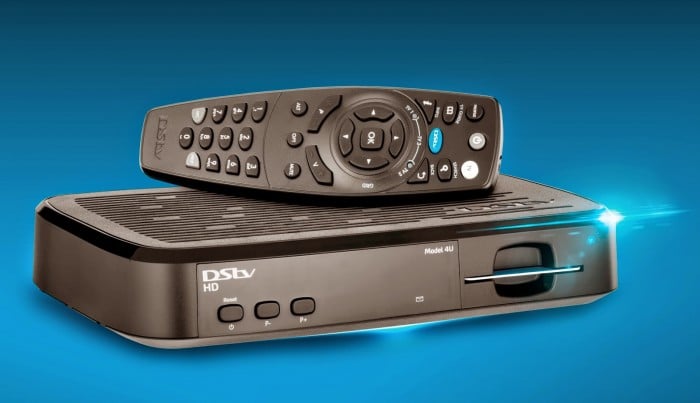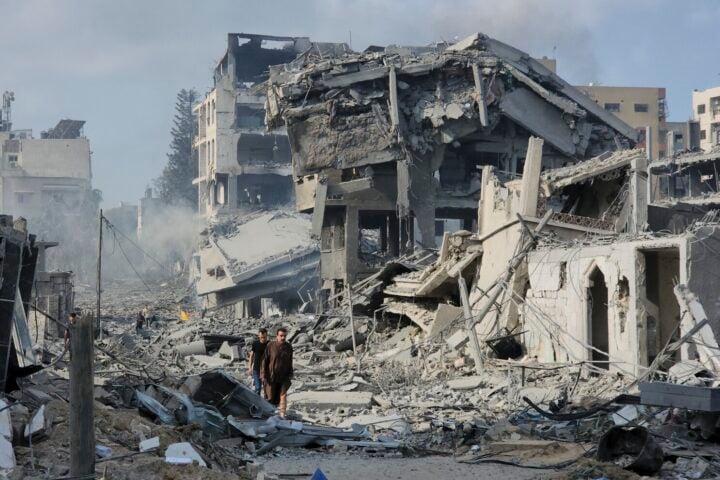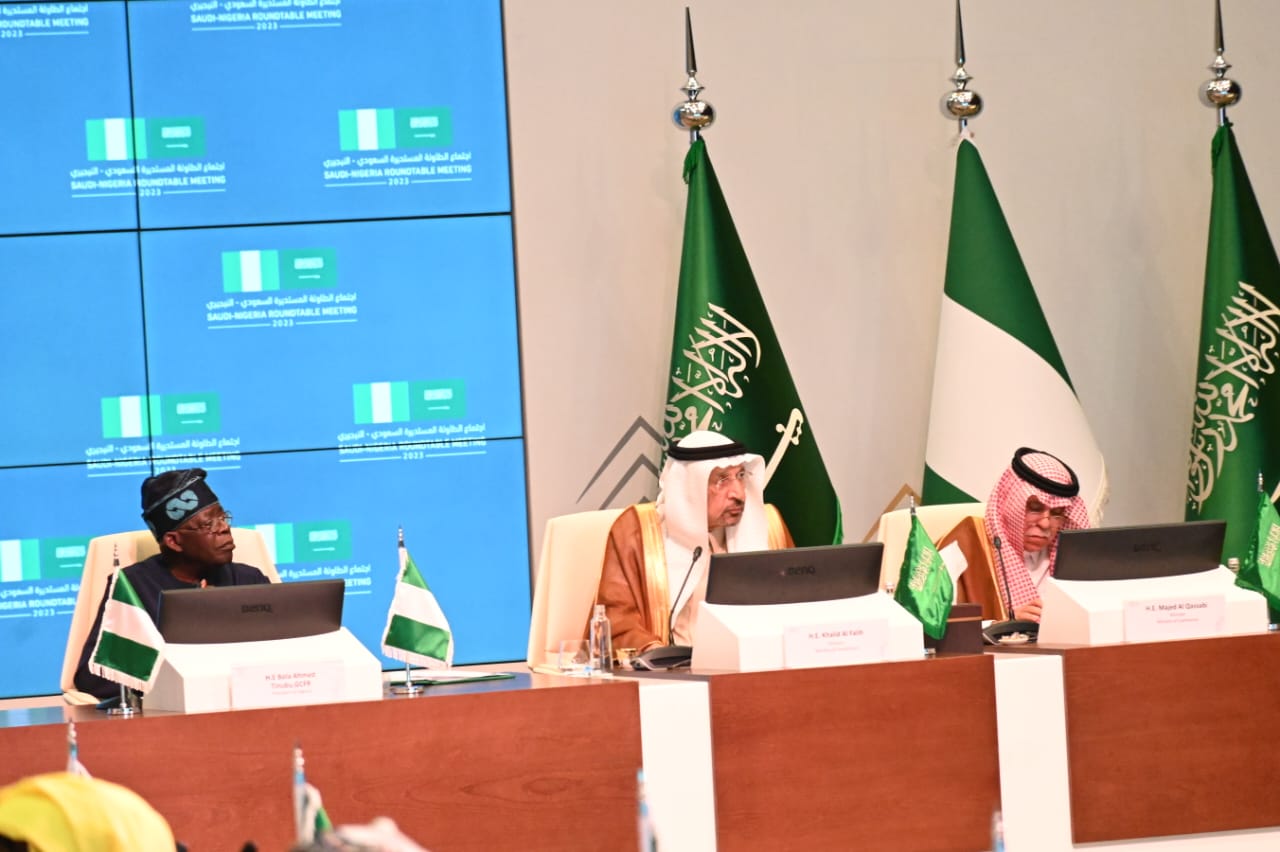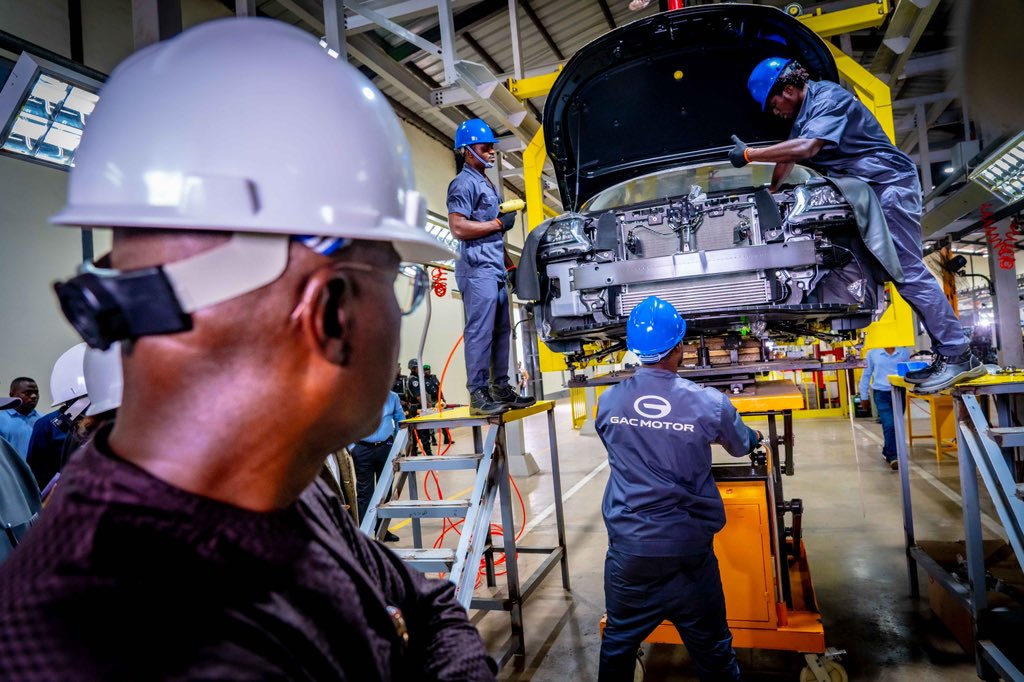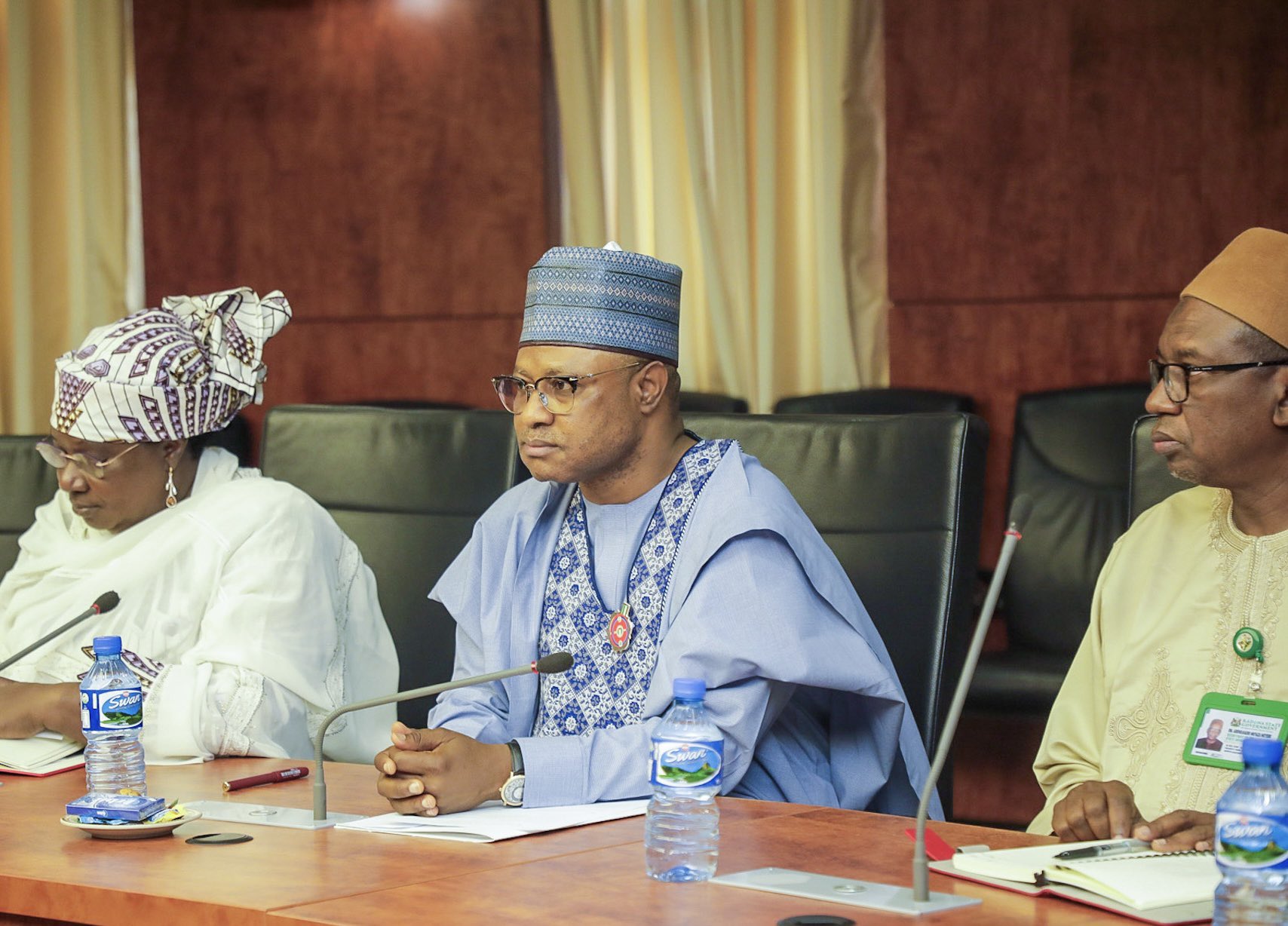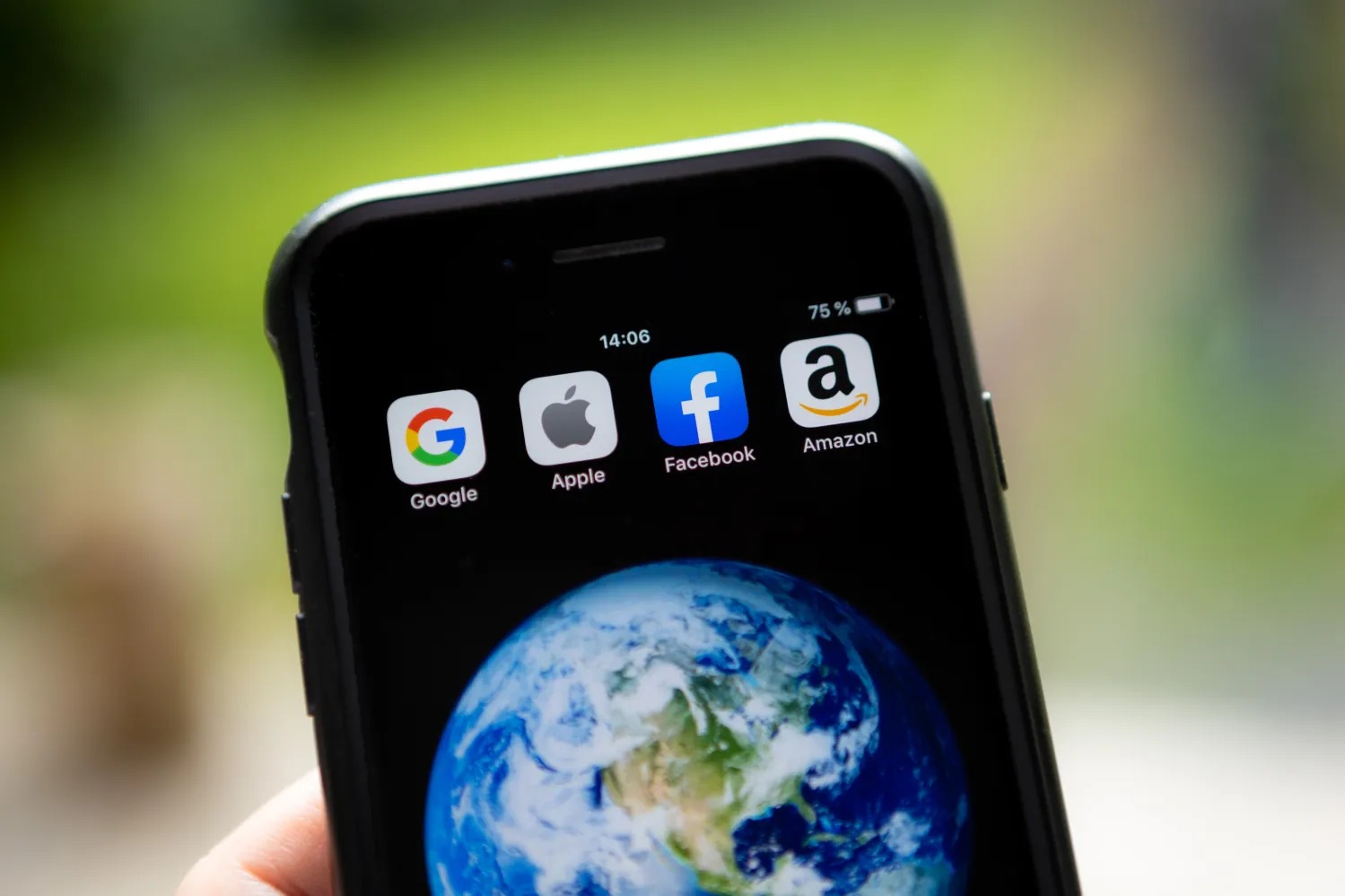While the new Director General of the National Broadcasting Commission (NBC), Charles Ebuebu, savoured the opportunity provided by Africast to introduce himself beyond the shores of this nation, penultimate week, another package awaited him in the office. Not palatable at all.
Without a moment of grace period whatsoever, frontline pay TV service provider, Multichoice Nigeria, announced an increase in the cost of its various programme bouquets because of the prevailing economic situation in the country, effective November 6, 2023.
From the premium package to the most pocket-friendly package, the cost ran through, leaving their DStv subscribers most confused and even very indignant. For instance, the premium bouquets jumped from N24,500 to N29,500, Compact+ from N16,600 to N19,800, while the price of GOtv Jinja bouquet have climbed from N2,250 to N2,700 even as GOtv Lite customers will still pay as little as N1,300, up from N1,100. For those with Explorer, the extra view will attract N4,000 instead of N3,400. No package was unaffected indeed!
This is the second time in a year. The first was on May 1, 2023.
Advertisement
Nobody at this time will want to be in Ebuebu’s shoes at all. While Africast focussed on the business of broadcasting, with the communique actually encouraging African broadcast operators to build continental relationships and deploy modern technologies that could help reduce cost, the business decision by Multichoice would really be the first major challenge that Ebuebu would have to deal with.
The new DG will have to bear the anger and the red face of the various stakeholders. The subscribers would curse the inaction of a regulator that is compromised. That is always the easiest thing to say. Demonisation without proof.
The National Assembly would send multiple summons for Ebuebu to appear before them and explain why DStv would dare increase rates under his watch. I do not envy his shoes right now because this would be a very busy period for the new boss and his Commission, spiced by a frenetic level of recriminations and multilayer engagements with the hope of resolving a very serious problem.
Advertisement
Yes. A very serious problem. Perhaps more serious than the Electoral Act that was haphazardly passed by the National Assembly and then abused and misapplied by INEC, whose head nobody has held for incompetence and fatalistic failure in previous elections, including the off-season elections of last weekend.
This writer has been informed that the NBC has visited the National Assembly in respect of the increase in DStv subscription rates. The Federal Competition and Consumer Protection Commission (FCCPC) has also stepped in and would be fighting for consumer protection without thinking of the escalating cost of doing business in Nigeria. It is a serious matter that needs urgent attention. More serious than the cost of petrol that has moved from about N617 to over N640 and N700 depending upon your location in parts of the country.
Nigeria is up in stilts, struggling for survival and the people are raging over the cost of television bouquet which has nothing to do with the cost of food all over the country; in fact, which has no relationship with lots of people slipping into multidimensional poverty as a result of unreasoned government policies.
The stakeholders that gathered for Africast in Lagos noted that broadcasting was expensive. Part of their suggestions to mitigate the cost are as follows: ‘’Africans should reduce their reliance on foreign digital platforms and develop home-grown solutions for monetisation and distribution of content.
Advertisement
‘’Broadband infrastructure is not available in Africa. Governments at every level should come together to grant incentives such as tax and financial incentives to telecom operators to encourage them to provide cheap data.’’
That is in the long term. In the immediate, Multichoice Nigeria is fighting for life like other businesses in the country. “We understand the impact this change may have on our valued customers and partners, but the rise in the cost of business operations has led us to make this difficult decision,” the organisation said.
The bad news is that the coming of over-the-top (OTT) operators like Netflix has put Multichoice under pressure across the continent. The failing economy has only complicated matters.
For instance, although the annual performance ended in March this year, with an addition of 1.6m subscribers, the organisation still made a troubling loss in its South Africa operations. The troubled economies of the various markets of operation has also increased the pressure on Multichoice, making desperate decisions like the recent subscription price increase in Nigeria, a survival imperative.
Advertisement
The good news is that Multichoice, like so many others, hasn’t decided to bail out of the country. Those who say it is not possible because of the money being made in Nigeria should search out a list of the companies that have left Nigeria in recent years.
An abbreviated list includes: Michelin, GlaxoSmithKline (GSK), Proctor and Gamble (P&G), Shoprite, Mr Price, Etisalat, Surest Foam Limited, Deli Foods and MZM Continental. These are no good signs at all. In August this year, the Manufacturers Association of Nigeria (MAN) raised a cry that in spite of the heavy population of the country, corporate organisations were taking a flight because of the high cost of doing business and lack of basic infrastructure, including electricity.
Advertisement
DSTV dwells in the realm of conspicuous consumption, a menu designed for the rich guys in the society who would want to flip their remote to watch CNN or the latest movie flick from Hollywood. For them, Nollywood cannot satiate their voluble entertainment appetite. Instead there has to be a rich mix, the sort prepared by DSTV which, fortunately, actually has packages for the rich and those ailing for a living in our heartless society.
The regulator has issued so many licences for pay TV operations in recent years but the economy buried them all. And the few ones still operating offer little attraction or worthy alternatives to titillate any subscribers’ entertainment instincts. So, they are right down there struggling for corporate existence.
Advertisement
Does Multichoice as a business has the right to increase subscription rates? Absolutely yes. Can the NBC regulate or fix prices? The answer is no. Check all the books, including the National Broadcasting Commission Act CAP N11 and the Nigeria Broadcasting Code. Nothing supports the NBC to fix subscription rates or trouble any operator for deciding to do so. Yet, the National Assembly will pressure the NBC to do something to the delight of the subscribers who really would not want to pay for anything.
But here is a reality check. Multichoice runs a business and has considerable investment in Nigeria. Most of its operations are denominated in Dollars, whether in paying for content, hardware or even satellite space. And without exaggeration, the Dollar which goes for over N1000 is more precious than gold, as the local folks would say. This puts a lot of pressure on a number of organisations doing business in Nigeria; Multichoice has only responded.
Advertisement
What then should be done? A conversation between the various stakeholders is very necessary at this point in time to achieve some level of persuasion and not coercion. Ebuebu has promised to excite the broadcast environment and make it attractive for operators to do business. Such action has become very urgent.
This government should forget all obnoxious estimation of the country and begin to fix the business environment which has eaten up so many corporate organisations. The manufacturers are complaining. The international airlines say their funds of over $800m are held down. Telcos are struggling to survive. The Naira has lost the battle against the Dollar and the citizenry are struggling against hyperinflation that has made living a nightmare in their own country. The government should do something urgently. After all, the campaigns are over. This now is reality. People and businesses are seeking the best from a government that promised renewed hope.
Multichoice didn’t commit any crime but may yet be persuaded to temper their expectations.
Views expressed by contributors are strictly personal and not of TheCable.

